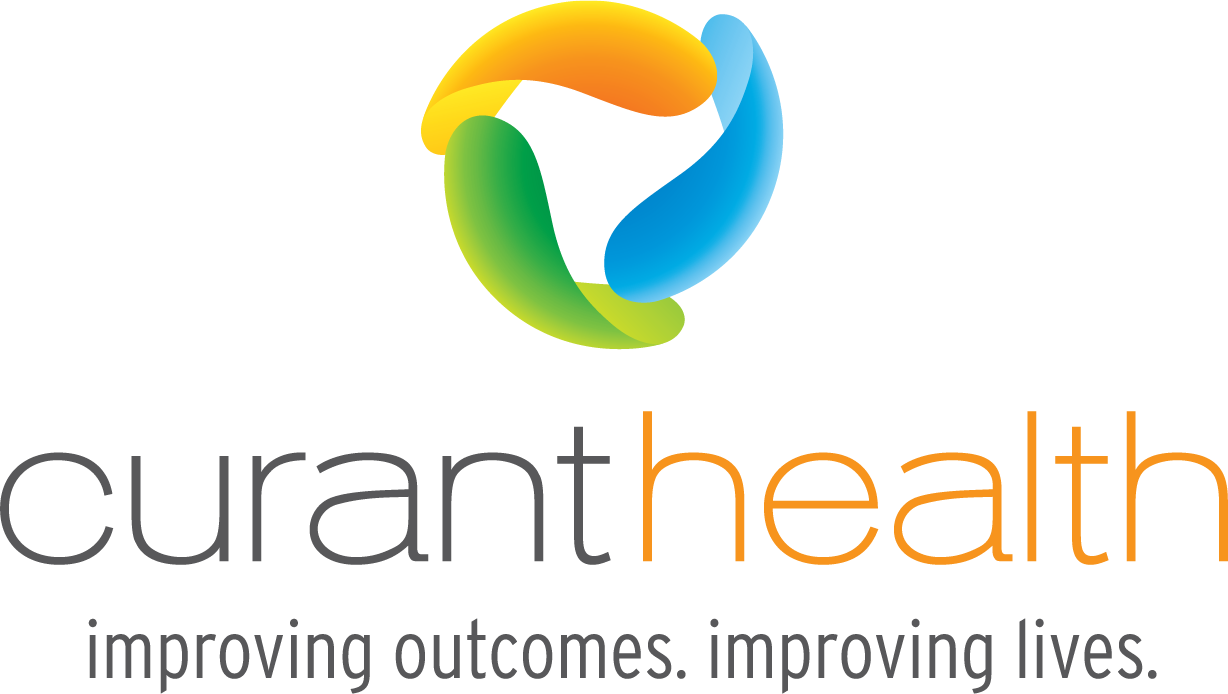December 12, 2017 - Curant Health COO Marc O'Connor in Becker’s Hospital Review
Senior leadership of integrated delivery networks and health systems believe there is value in in-house specialty pharmacy, based on numerous, ongoing attempts to create their own.
According to Adam Fein, 47% of hospitals with more than 600 beds operated a specialty pharmacy in 2016.
However, before an IDN, IHS, hospital board or CEO directs his or her CFO or COO to build an integrated specialty pharmacy, here’s what they should know.
Build a robust, long-term patient engagement and care management plan
Once a patient leaves the friendly confines of your hospital or other health system location, their adherence levels to prescribed therapies will almost certainly fall off to the national average. Excellence in adherence has long been tied to improved outcomes. Keep them adherent and keep them from contributing to increases in your readmission rates. Are you prepared to track adherence measures? How many staff members, and what types - including PharmDs - will you need to stay connected with those patients so that they take their prescriptions as indicated?
According to the frequently cited study that first appeared in the Annals of Internal Medicine, up to 30 percent of medication prescriptions don’t get filled and up to 50 percent of patients fail to take their medications as prescribed. The result: poor outcomes and as much as $300 billion in wasted healthcare spending.
30 percent gains in adherence over the standard of care like the ones we deliver for a cohort of IBD patients at Johns Hopkins do not come easily, and Johns Hopkins has their own integrated specialty pharmacy. Here’s something else to consider: do you know how many CMS quality measures relate directly to pharmacy and pharmacy services? Hint: it’s more than 10.
Given your connection to the patient, IDNs and health systems have more control over their access to and relationship with the patient. Pharmacy adds a labor-intensive layer of complexity if it is to succeed in terms of improving patient health outcomes, improving quality metrics and making a positive financial impact.
Your entry into specialty pharmacy is a double-edged sword for pharmaceutical manufacturers. For obvious reasons, getting as close as they possibly can to prescribers is a boon for specialty pharmaceutical manufacturers. But for those considering building an integrated pharmacy, carefully evaluate how much time and treasure it takes to attain and retain the requisite URAC and ACHC accreditations to operate in the specialty pharmacy space, as well as what it takes to participate in limited distribution networks.
Of equal importance to ask, with so many specialty drugs on limited distribution lists, will you actually be able to fill the prescription as written?
Click here to read the full article in Becker's Hospital Review.
For more information about Curant Health contact Kristin Lindsey, Sr. Director of Marketing, at 866-460-8040 or klindsey@curanthealth.com.
